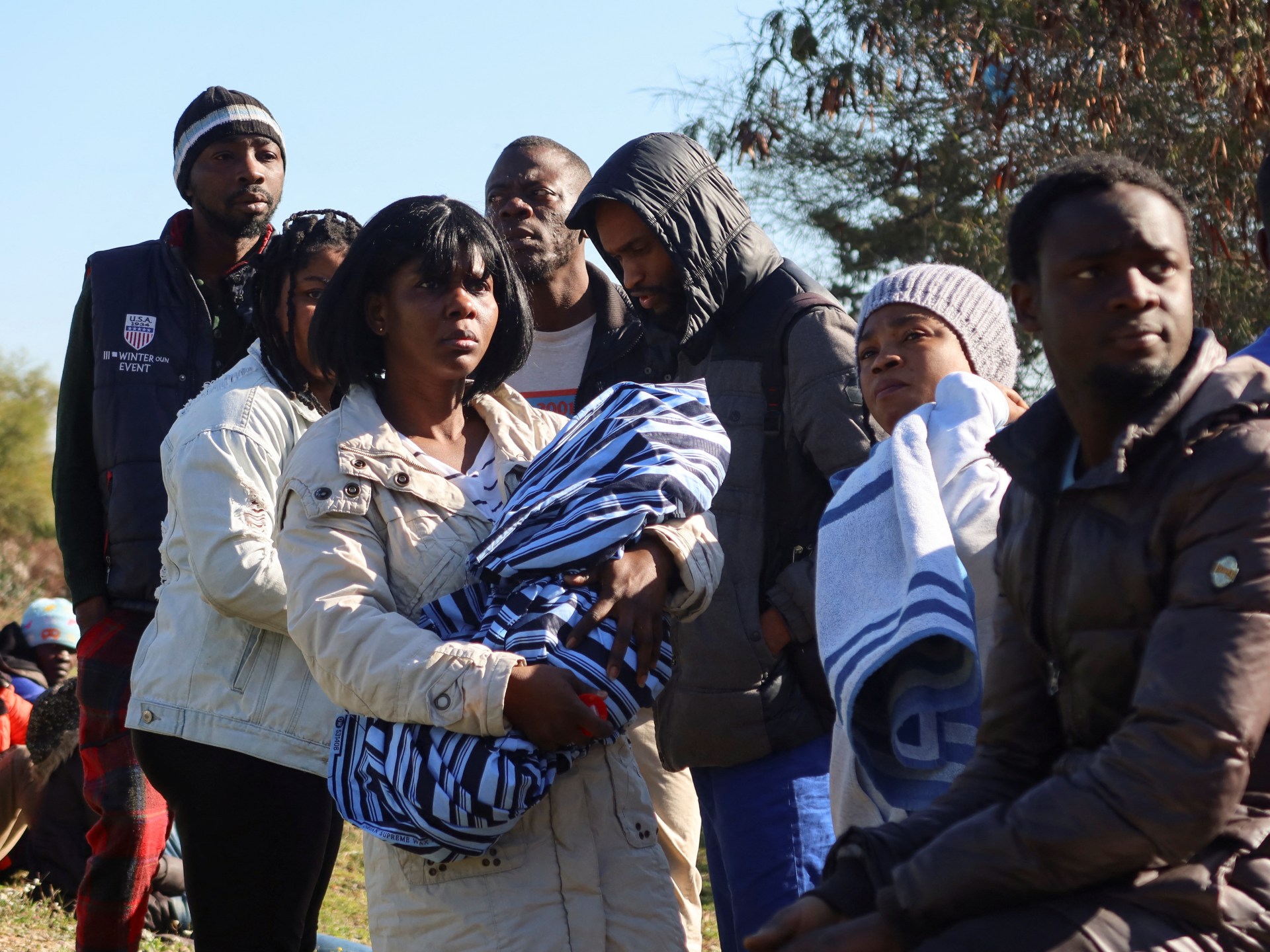Today, Saturday, the evacuation of about 300 migrants from Mali and Ivory Coast to their countries begins in Tunisia, after hostile campaigns against irregular migrants from sub-Saharan countries fueled by the speech of President Kais Saied.
"The Ivorian Airlines plane is scheduled to leave Saturday at 7 am local time, with 145 passengers on board," said the Ivorian ambassador to Tunisia, Ibrahim Si Savani, adding that the number of registered to return has reached 1,100 so far.
The number of the ivory community in Tunisia is estimated at about 7,000 people, according to official statistics.
A Malian diplomat in Tunisia told the French that his country had chartered a plane to return about 150 people, based on the orders of the head of the military council, who gave "very strict instructions" to deal with the issue of the return of nationals to their country.
This is the first evacuation trip to these two countries since a speech Said delivered last week, in which he stressed the need to take "urgent measures" to stop the flow of irregular migrants from sub-Saharan Africa to his country, stressing that this phenomenon leads to "violence and crimes."
Several Tunisian and international human rights organizations condemned Saeed's statements, and considered his speech "racist" and "calling for hate."
Guineans who returned on their first evacuation flight last Wednesday to their country spoke of "the escalation of hatred" after this speech, and of a "nightmare" they lived after that on the streets and in the residential neighborhoods in which they live in the Tunisian capital and the provinces.
Many of the 21,000 migrants from sub-Saharan Africa officially registered in Tunisia - most of them in an irregular situation - lost their jobs and were expelled from their homes overnight.
Dozens were arrested during police campaigns and some of them were imprisoned, and others gave testimonies to human rights organizations about their physical torture, denouncing the existence of "militias" behind it.
charged mode
This fraught situation caused dozens of migrants to flock to their embassies, especially to the headquarters of the Ivory Coast and Mali embassies, which soon received hundreds of requests for immediate departure from Tunisia.
On the other hand, immigrants from countries that do not have embassies in Tunisia went to the headquarters of the International Organization for Migration, where they set up tents and stationed themselves in front of the headquarters to ensure their protection.
"The 149 people must leave on Saturday, and they will be taken on buses that will leave the embassy towards the airport at six in the morning local time after spending the night there," the Malian diplomat said.
He added that Tunisia announced that it would back down from demanding irregular migrants to pay financial fines for illegal residence in the country, which is estimated at 80 dinars (about 25 euros) per month.
Fines accumulated on some immigrants, amounting to more than a thousand euros, and they are unable to pay these sums.
Among the voluntarily returning migrants are dozens of students who come from wealthy families or who have received scholarships from the state and who have enrolled in prestigious private universities in the Tunisian capital.
The Union of Foreign Students condemned the violent incidents that took place last Sunday and targeted 4 students from Ivory Coast, and the exposure of a Gabonese student to violence in front of her house.
The federation asked students from sub-Saharan African countries to stay at home and not go out unless absolutely necessary.

